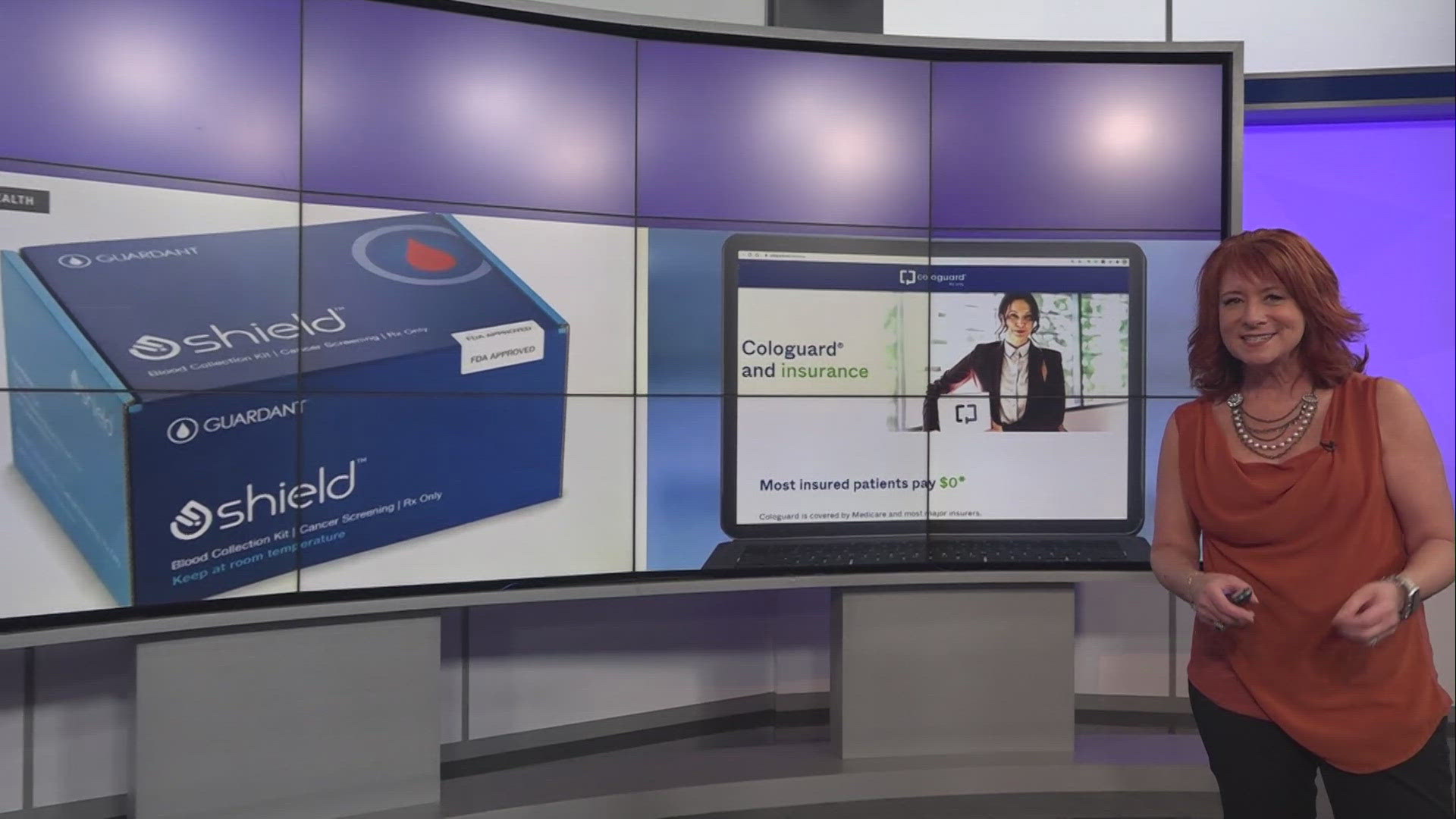GREENSBORO, N.C. — Procedures in a hospital-type setting are often costly, time-consuming, and let's face it, a little scary. Many folks opt for non-invasive or at-home screening tests like Shield, the new blood test for colon cancer, or the well-known Cologuard test. But just because these options are offered doesn't mean your insurance covers them.
"This is the part that is not fun. Nobody wants to do this, but you have to pick up the phone and call your insurance company to gain a greater understanding of exactly what's covered before you go into a procedure or you do an at-home test, any of the at-home tests, even if they're so-called covered," said Lisa Gill, Investigative Reporter at Consumer Reports.
I'll use myself as an example. When I got the Cologuard test a few years ago, it was covered by my insurance, but if the test had given me a positive result and I then needed the regular colonoscopy, it would be considered by my insurance as diagnostic. What does that mean? it means a big bill. My insurance would bill me for the procedure because I had used the Cologuard as my free preventative screening test.
This is not a story to try and steer you away from the home tests. The takeaway is, to know ahead of time what your insurance covers and how at-home tests could change things.
"There may be coverage issues that you don't know about. There could be changes in your coverage from the previous year. My sympathy for this is high because it puts a lot of administrative burden on the consumer. And especially if you're not feeling well," said Gill.
The bottom line here is nobody wants a surprise bill, so ask questions, to your doctor and the insurance company beforehand, so you have the best understanding of the test and how it impacts your coverage.

